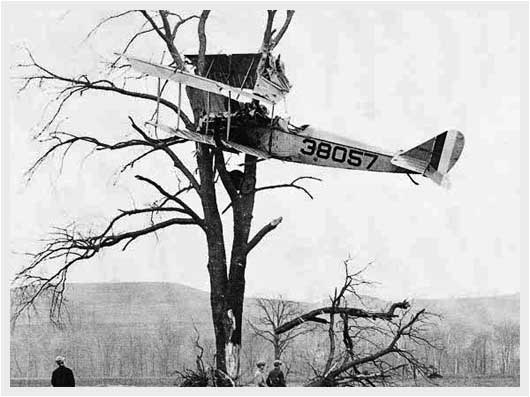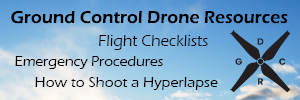The FAA used to - maybe still does - require private pilots to get about 40 hours flight time for their license, and longer if the CFI deemed it necessary. I think it took about 20 hours dual before the CFI jumps ship and you are on your own to make up the 40 hours total.
For whatever reason, if 40 hours was the FAA's private pilot threshold that they felt someone was competent to fly, what would the number of hours be for a sUAV pilot should the FAA feel the need to apply a standard?
If our UAV flights average 20 minutes, that would mean 120 flights to get 40 hours. Since no CFI is around and we're left mostly on our own devices, maybe just the 20 hours or 60 flights? A once a week flight would take some time doing it that way.
The FAA has gotten into a lot of the Macho psyche stuff in their 107 tests. Guess too many newbies adopt that and then end up in this mess:

Maybe more hours was needed and less Macho.
For whatever reason, if 40 hours was the FAA's private pilot threshold that they felt someone was competent to fly, what would the number of hours be for a sUAV pilot should the FAA feel the need to apply a standard?
If our UAV flights average 20 minutes, that would mean 120 flights to get 40 hours. Since no CFI is around and we're left mostly on our own devices, maybe just the 20 hours or 60 flights? A once a week flight would take some time doing it that way.
The FAA has gotten into a lot of the Macho psyche stuff in their 107 tests. Guess too many newbies adopt that and then end up in this mess:

Maybe more hours was needed and less Macho.








